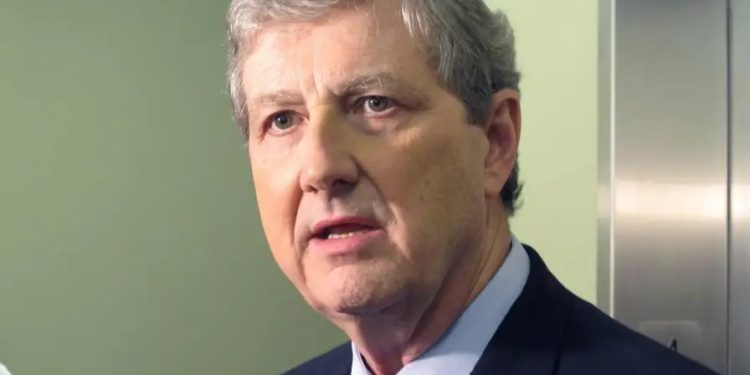Ballot access is crucial for Robert F. Kennedy Jr.’s campaign as he aims to qualify for the presidential debates. On May 16, Kennedy announced his campaign had collected enough signatures to secure ballot access in New Jersey and expected to achieve the same in New York by the May 28 deadline. His campaign reported gathering over three times the required 800 signatures in New Jersey.
When Kennedy named Nicole Shanahan as his running mate in March, he promised to announce weekly progress on ballot access, a prediction that has held true. Ballot access is a significant focus in his bid to become the first independent president since George Washington.
After announcing his candidacy to challenge President Joe Biden for the Democratic nomination in April 2023, Kennedy switched to an independent run in October 2023, citing alleged bias from the Democratic National Committee. Since then, he has prioritized securing ballot access nationwide.
With New Jersey’s addition, the Kennedy-Shanahan campaign has achieved ballot access in 15 states totaling 201 Electoral College votes. The states include California, Delaware, Hawaii, Idaho, Iowa, Michigan, Nebraska, Nevada, New Hampshire, North Carolina, Ohio, Oklahoma, Texas, and Utah.
Kennedy told supporters in Austin, Texas, on May 13 that his campaign has enough signatures for New York but has not made a formal announcement. New York’s petition window, the shortest of any state, runs from April 16 to May 28, requiring at least 45,000 valid signatures. Kennedy’s campaign aims to collect 90,000 to ensure qualification despite potential challenges.
Kennedy and Shanahan submitted 242,572 signatures to the Texas Secretary of State’s office on May 13, surpassing the required 113,451 signatures within 45 days. Kennedy is optimistic about appearing on the New York ballot, citing successful access in states like California and Texas.
Kennedy’s campaign also secured the necessary funding to achieve nationwide ballot access, bolstered by an $8 million contribution from Shanahan. His eligibility on 15 state ballots with 201 electoral votes is a step toward meeting debate qualifications, which require appearing on enough state ballots to potentially win 270 electoral votes and polling at 15 percent in national surveys.
Kennedy expressed confidence in meeting the criteria for the June 27 CNN debate, looking forward to challenging Presidents Biden and Trump. He is currently one poll short of CNN’s requirements, having reached 16 percent in April surveys by CNN and Quinnipiac University.
Steven Kinzie, an Austin resident and Kennedy volunteer, believes Kennedy will secure ballot access in all states and appear in the debates. Despite a New York Times report on a brain scan revealing a dead parasite in 2010, which Kennedy humorously addressed, Kinzie sees the increased attention as beneficial for raising awareness of Kennedy’s campaign. Kinzie argues that direct exposure to Kennedy’s ideas, rather than mainstream media portrayals, will help his candidacy.
 Telegram is where we really talk. Don't miss out!
Telegram is where we really talk. Don't miss out!







